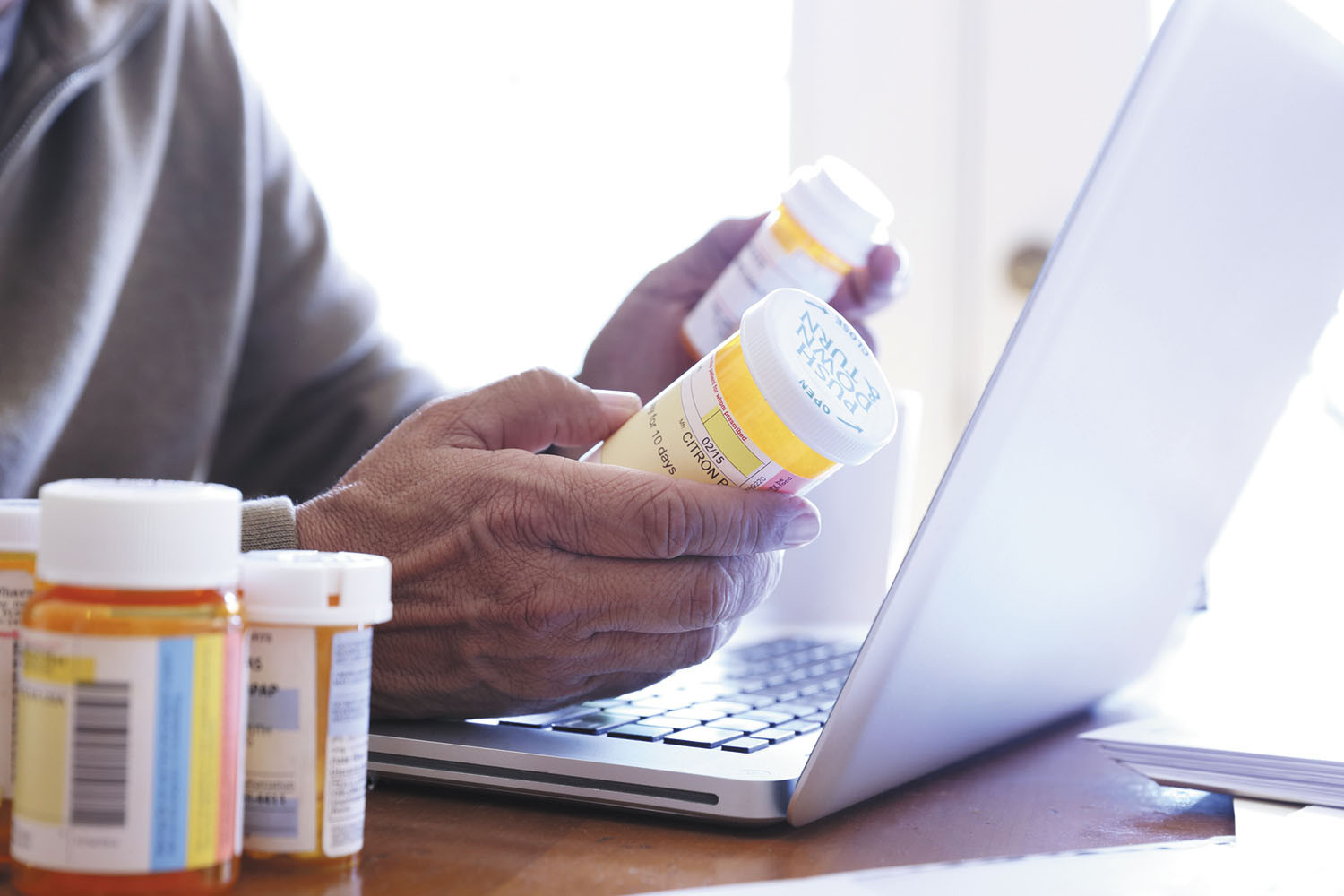Scam targets people buying medicine online
News briefs

Image: © DNY59/Getty Images
If you've tried to buy medications by phone or on the Internet but received an FDA warning letter instead, beware. The FDA warns that criminals are forging these notes, possibly with the goal of later getting your money. The letters look official, like they're from the FDA or the Federal Trade Commission, and they claim that the FDA has identified drug violations based on a review of your parcel and social media accounts. Don't be fooled. The FDA doesn't send letters to consumers. So why are you getting one? The FDA says it may be because you're contacting an illegal online pharmacy. "Many of these illegal websites appear legitimate, and it can be hard to tell the difference," notes FDA Commissioner Scott Gottlieb. They may try to sell your personal information or charge you for products you never ordered. And scams aren't the only risks. Illegal pharmacies typically sell counterfeit — and unsafe — medicines. If you believe you've received a fake warning letter, email the FDA at FDAInternetPharmacyTaskForce-CDER@fda.hhs.gov. Send information about the letter or a scan or photo of the document.
Disclaimer:
As a service to our readers, Harvard Health Publishing provides access to our library of archived content. Please note the date of last review or update on all articles.
No content on this site, regardless of date, should ever be used as a substitute for direct medical advice from your doctor or other qualified clinician.















